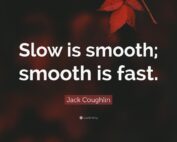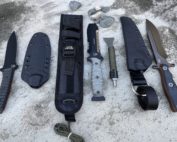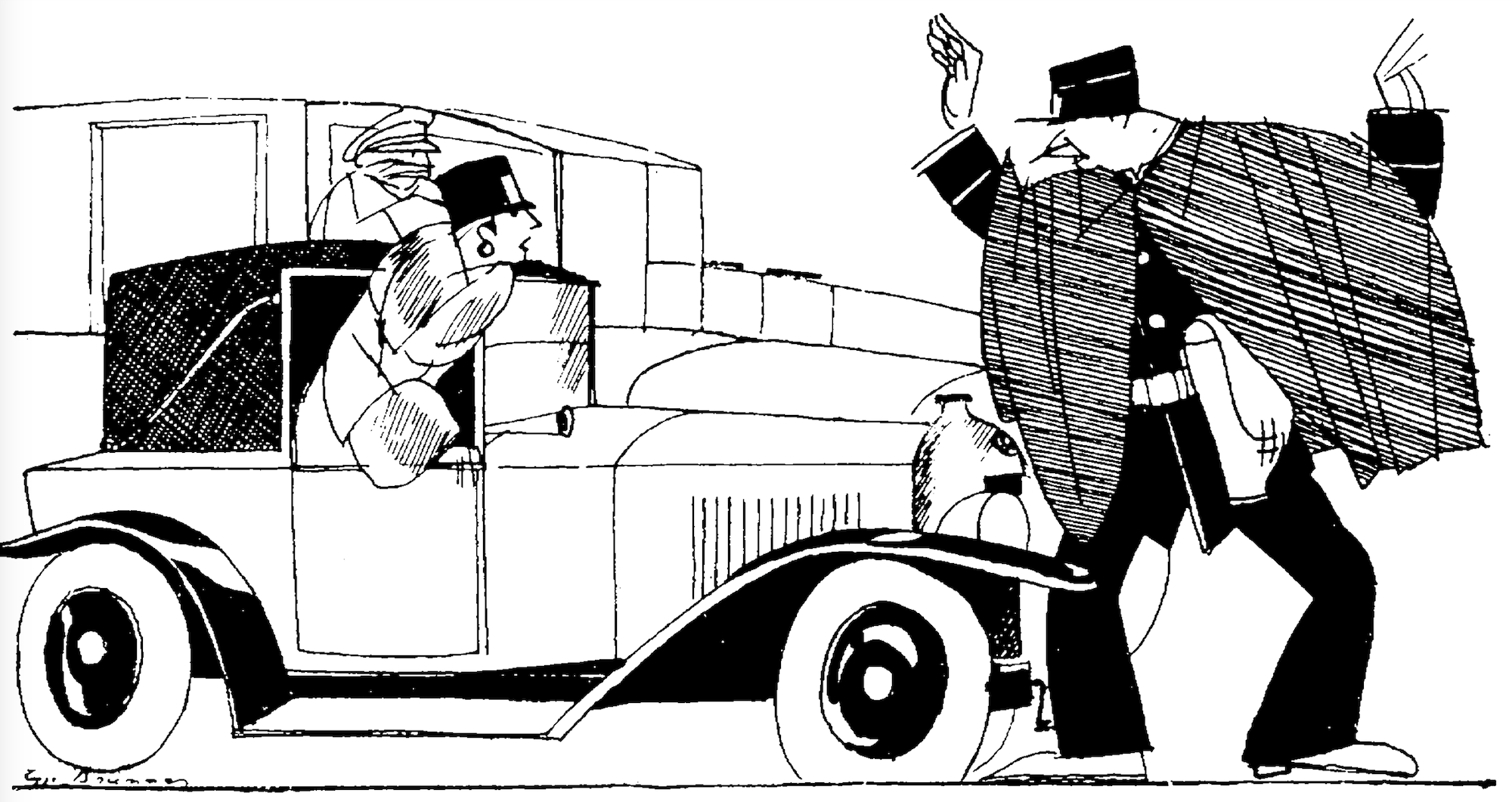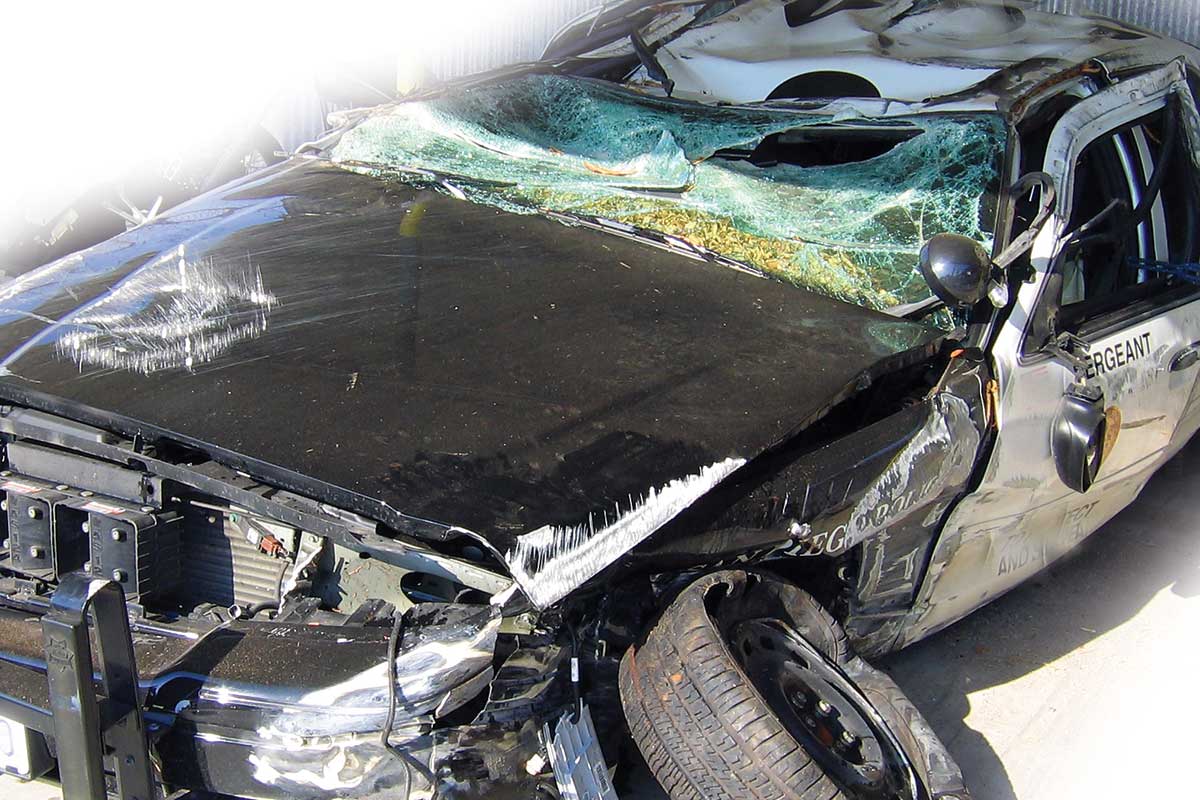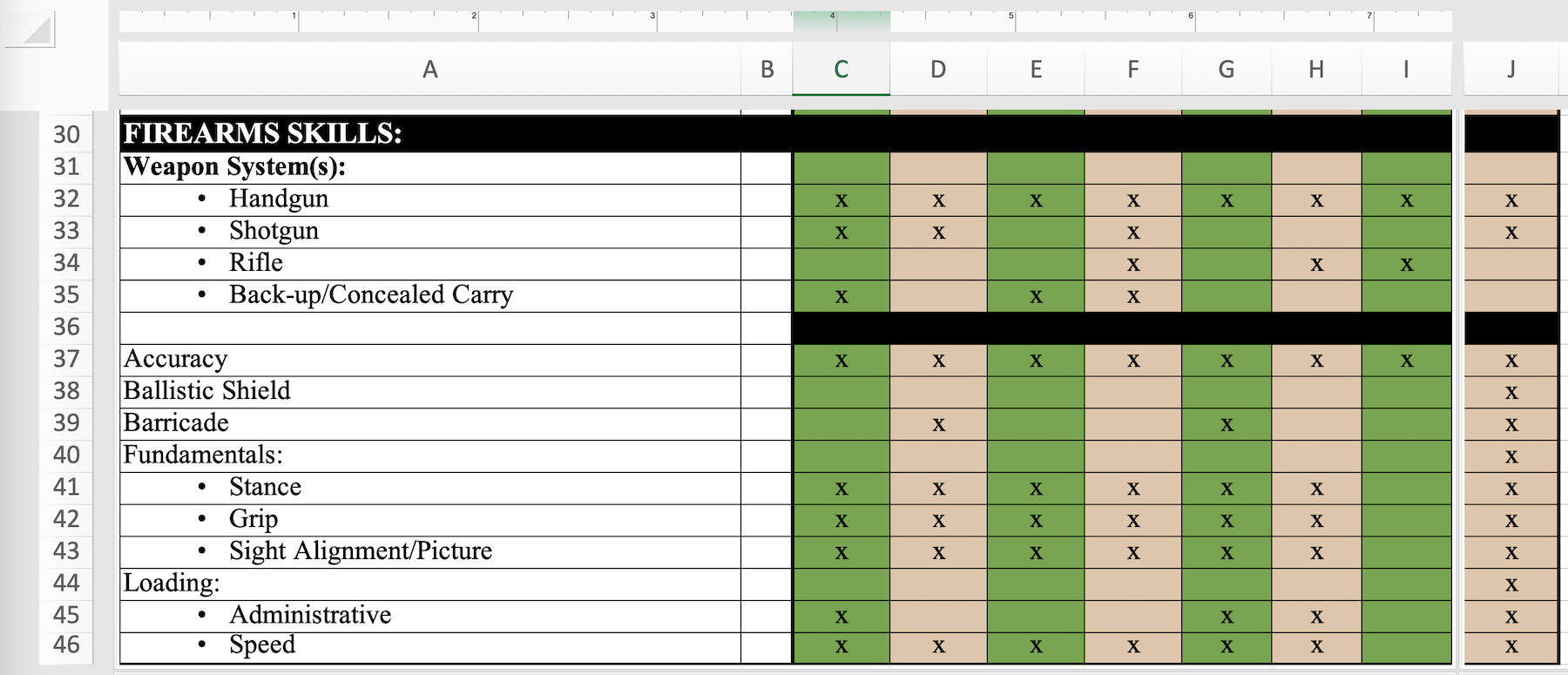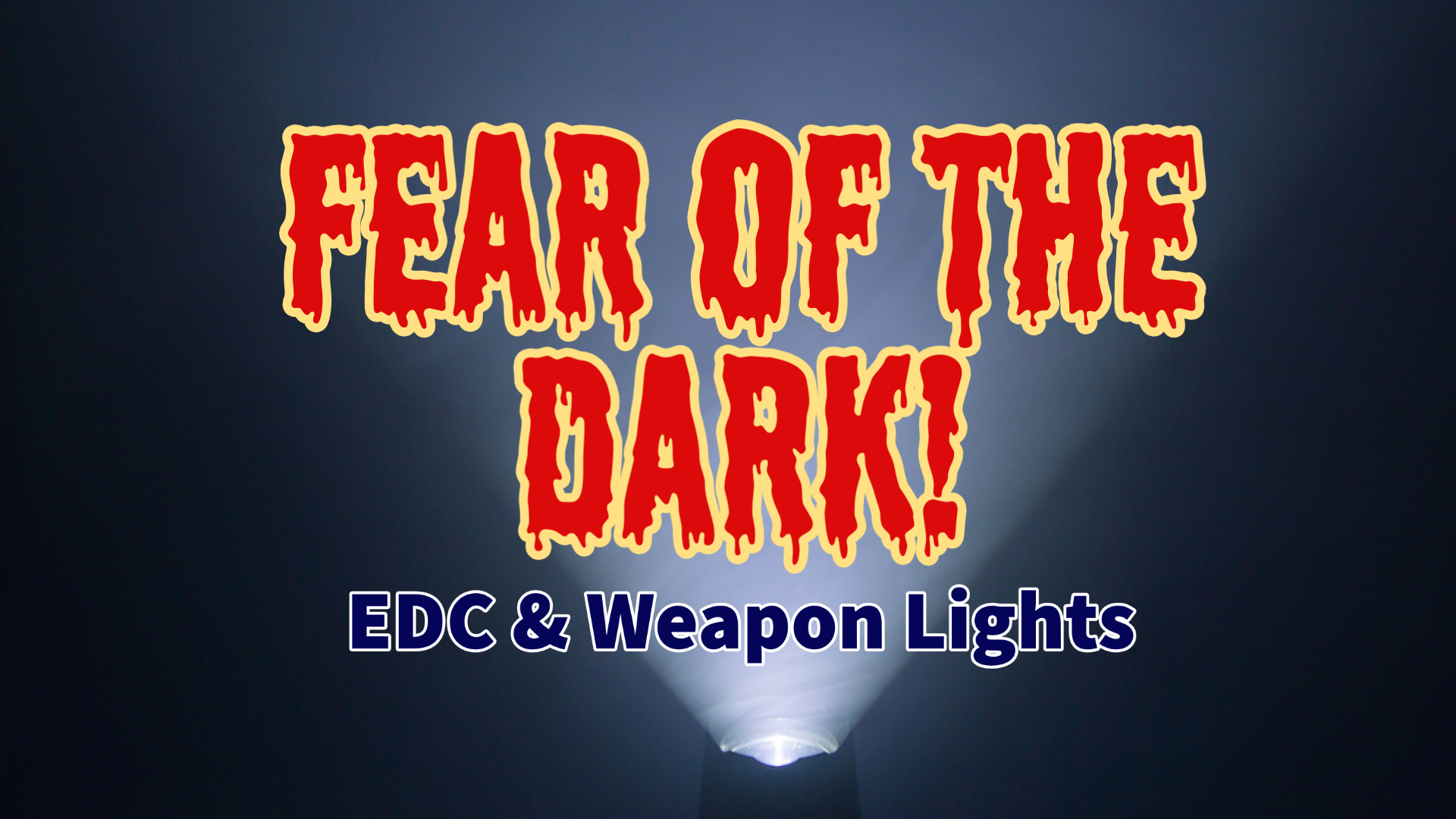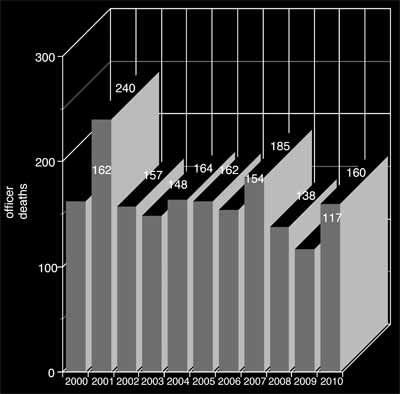
vantagema
In 2010 there was an almost 40-percent increase from 2009 in the number of officers killed in the line of duty. While this seems to be a big increase, sadly it’s about the average for the past 20 or so years. Don’t get me wrong; I think any cop killed in the line of duty is horrendous, but as a dear friend once said (when talking about the shear number of traffic fatalities we’re willing to tolerate to justify our hunger for cars), “It’s the acceptable level of carnage.” Is an average of 160 cops killed per year an acceptable level of carnage?
I don’t know. I’m really trying to wrap my brain around this, but I can’t get a clear answer — maybe there is no clear answer.
What might be feeding into this spike? I can’t help but wonder if the economy is a factor — in several ways. We’ve seen another full year of the economy being in the toilet. As more people have lost their jobs and homes, the stress it’s created on them is immense. And if there’s one thing cops know, it’s not everybody deals with stress in healthy ways.
There’s a lot of resentment and backlash against the government, and cops by default, represent the government. While this attitude also relates to the economy, the distrust and displeasure society feels toward the government makes me think we just happen to be easy targets — literally.
Another economy-related issue is how many cities, counties and even states are suffering serious deficits. Who are often the whipping boys in all this mismanagement of taxpayer dollars? Cops. So, in a knee-jerk reaction to fix a deep-rooted problem, the politicos want to cut services (police and other essential services) with the broad stroke of a pen. Furloughs, “golden handshakes” and layoffs are often bandied about as a quick fix. But does any of this actually “fix” anything?
Take golden handshakes, for example; on the surface they sound like great money-savers. They’ll remove the upper end of the pay scale and save piles of money for cash-strapped governments, right? Sorta. Yes, money can be saved, but the back end of this deal is the loss of institutional knowledge. As a result, younger officers don’t have an old salt there to show ‘em the ropes.
It means today’s young street cops need to be more adept at practicing the art of policing. Yes — the art.
With many agencies imposing hiring freezes and laying off cops, the ones who are left don’t have the luxury of brute force in numbers. They have to be more attuned to the tone of a contact and not stuck in the mechanics of it — that’s what I mean by the art of policing. Sensitize yourself to the nuances of what’s happening. Just as life is not black and white, a good deal of police work is spent living in the varying shades of gray. That’s a lot to ask of newer officers considering the pervasive shift in the organizational mindset — from officer safety being the top priority to complaint avoidance and impossible budgets being most important. All this crap can get cops killed.
In late December 2010 (when I found myself writing this), the FBI just released their preliminary crime statistics for 2010. For the first six months of the year crime was down across the board. I’m willing to bet politicos and agency top brass will have seen these numbers and said, “See, we don’t need all those cops out there, anyway. Crime rates aren’t suffering and we’re fixing the budget.” It’s a scary thought, but I don’t think I’m too far off base.
Here’s what you can do to better ensure your career (and life) will be long and successful. Don’t volunteer to go to any call alone requiring a 2-officer response; your life is more important than whatever reason the shift is under-staffed. Perhaps better stated by Jerry Boyd (retired chief and COP contributor), “To wait — and there will be obvious exceptions where one cannot wait — is not a sign of cowardice or incompetence. It’s a reflection of reality.”
This also means, don’t get enthralled in the chase; chasing after someone — alone — for a misdemeanor or property crime is asking for trouble. And to quote Chief Boyd again, “As a chief, I’d be obligated to tell the public exactly what the price will be for reduced staffing. Id’ tell them many of the nice, but not essential services, we used to provide will no longer be. What resources we have will necessarily be devoted to dealing with major crimes, gangs and other issues that impact their safety rather than their comfort.”
So, concentrate on the essentials, learn or re-learn the art of policing to help you better gauge your response, and be acutely aware there are less of you out there than ever before. Think hard, before you act.
>> Click Here << To Read In The More March/April 2011 Issue
Get More Vantage Point




